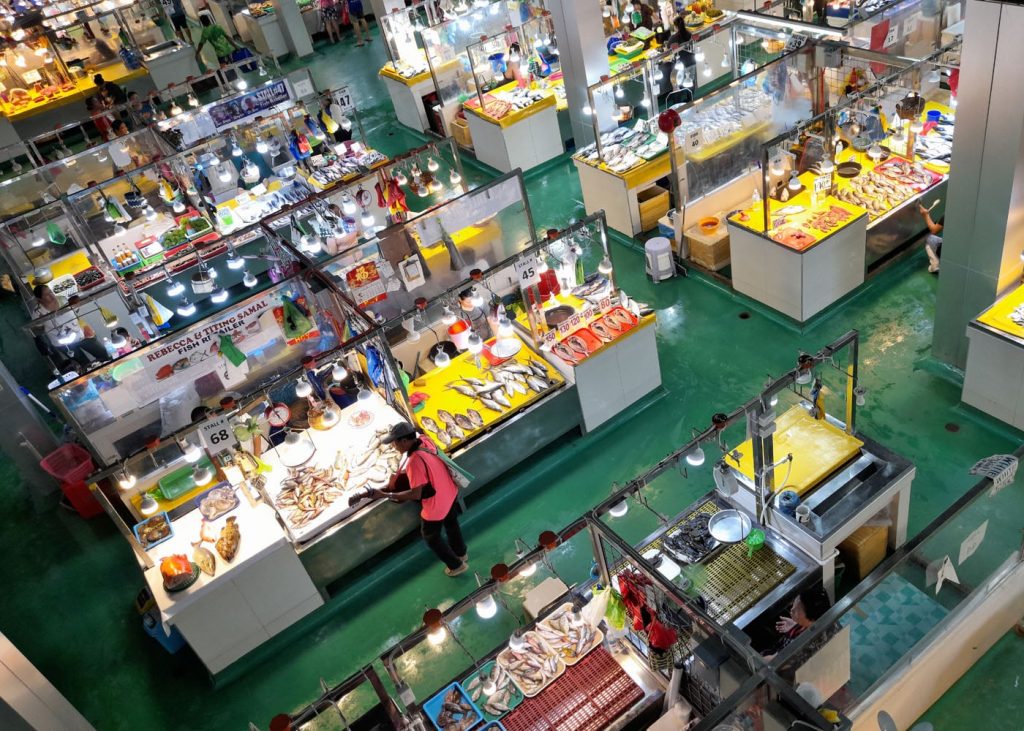THE AGDAO Public Market vendors asked city officials to merge the variety goods section with the vegetable and fruit section.
Apparently, several vendors in the variety goods section lamented profit loss due to the inaccessibility of their stalls.
Councilor Edgar Ibuyan passed a resolution in the 20th City Council requesting the City Economic Enterprise (CEE) to temporarily allow the merging of goods to address the vendors’ concerns.
The dry goods, variety, or groceries section is located on the second floor of the market, while the vegetable and fruit section is in the next building.
In the Feb. 11 letter addressed to the Office of the City Mayor, Ligaya Uba, dry goods section president, shared that it has been difficult for them to settle even their rent as marketgoers do not go to their stalls due to the distance.
“Most people won’t bother to go to the second floor even when there is an elevator as normally the marketgoers are old, so we are having difficulty in our profit,” Uba said in a sideline interview.
Uba said to address their profit loss, the variety section sold vegetables, and vice versa, however, vendors from both sections stopped doing so due to constantly receiving notices of violation from CEE.
Under Art. 11, Sec. 340 of the 2017 Davao City Revenue Code, city public markets should be divided into various sections such as meat; dressed chicken; fish; vegetable and fruit; variety or groceries; rice, corn, and other cereals; food court/eatery; dry goods; cold storage; miscellaneous; and livestock.
This section further states no vendor shall be allowed to sell, display, or offer goods and services that are not included or among the goods authorized to be sold in the section where the stall belongs.
Uba said this section of the Ordinance is detrimental to their profit and reported even the meat section is affected by the absence of the vegetable section in the same building.
She added those issued with violations were only allowed by the CEE to merge goods until April 1.
“What we wanted here is the resolution to be approved and to stop the issuance of notice of violation from CEE that demoralizes and threatens stall owners,” Uba said.
The monthly rent for the stall owners ranges from P4,700 to P5,000, depending on the products sold. Out of 157 stalls in the variety section, Uba said about 40 stalls are operating.
However, the resolution states that the merging will only be allowed until the end of the market construction.
Gerardo Castillo, CEE market supervisor, reported the market is at its third phase but only up to its skeletal structure since construction halted due to a lack of funds.
Councilor Angelo Mahipus also passed a resolution to request the CEE to conduct a study and establish the market sectioning of the Agdao public market to make it more economically viable for the leasing vendors.
Mahipus manifested that CEE must review the possibility of permanently amending the specific section of the Revenue Code.
“If that is the reality, kung ang sectioning nato is not working for the benefit of the vendors, why not change the policy permanently, because it’s not workable,” Mahipus said.
He added that allowing them temporarily until the end of the construction is only a band-aid solution, and once construction ends, they will have to return to the old sectioning.
The 20th city council approved the resolution of Ibuyan and Mahipus on the second reading during the 11th regular session on March 22.

